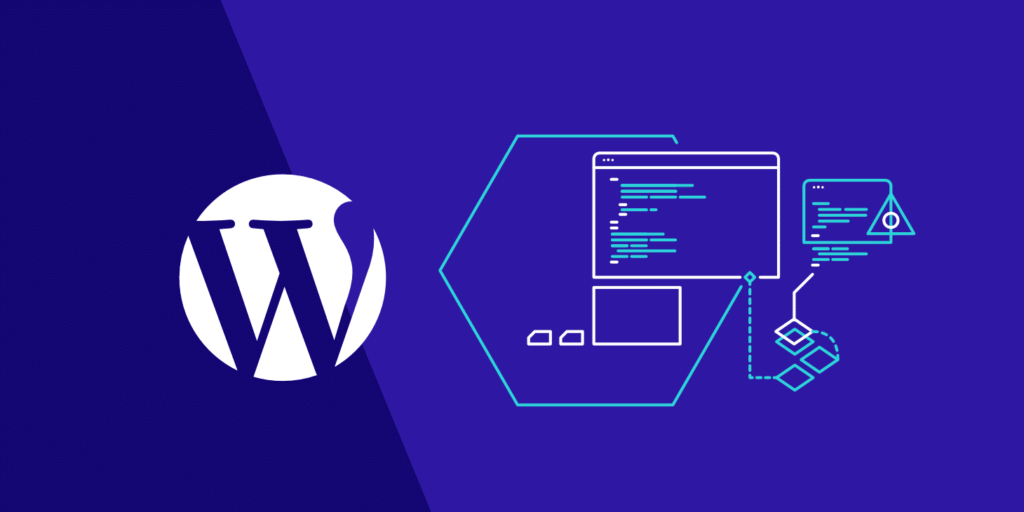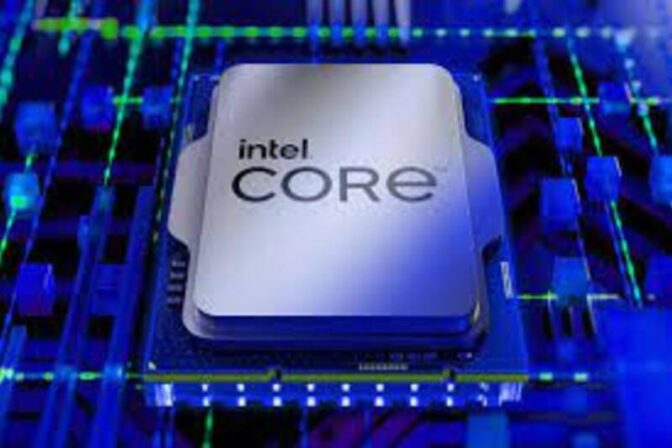In this dispensation of online content creation, selecting the right Content Management System (CMS) is pivotal for individuals and businesses alike. Among the myriad of choices available, three major players stand out: WordPress, Joomla, and Drupal. In this comprehensive comparison, we will delve into the advantages and drawbacks of each platform, assisting users in making well-informed decisions tailored to their specific requirements.
- Ease of Use:
- WordPress:
Recognized for its user-friendly interface, WordPress is the preferred choice for beginners. Its intuitive dashboard and extensive collection of plugins and themes simplify the content creation process. - Joomla:
Striking a balance between user-friendliness and flexibility, Joomla’s learning curve is steeper than WordPress. However, its robust features cater to users seeking a slightly more intricate and customizable platform. - Drupal:
Tailored for developers and seasoned users, Drupal presents a steeper learning curve. Nevertheless, its flexibility and scalability make it a powerhouse for intricate and large-scale projects.
- Flexibility and Customization:
- WordPress:
With a vast library of plugins and themes, WordPress offers unparalleled flexibility. For highly tailored solutions, users may need to delve into coding or enlist the help of developers. - Joomla:
Joomla’s modular architecture strikes a balance between simplicity and customization. Users can implement advanced features without extensive coding, making it a versatile choice. - Drupal:
Renowned for its flexibility, Drupal excels in handling complex data structures and intricate content hierarchies. Customization options are extensive, but this comes with a steeper learning curve, requiring a more technical skill set.
- Community and Support:
- WordPress:
With the largest user base, WordPress boasts a vibrant community and extensive documentation. Finding solutions to common issues is relatively straightforward, making it a robust choice for those valuing community support. - Joomla:
Although Joomla’s community is smaller than WordPress, it is active and supportive. Users can find assistance through forums, documentation, and various online resources. - Drupal:
Drupal’s community is more developer-centric, and support is robust for complex projects. However, it may be less accessible for beginners. Extensive documentation and forums are available, catering to users with more technical proficiency.
- Security:
- WordPress:
Given its popularity, WordPress can be a target for security threats. However, regular updates and a vigilant community contribute to maintaining a secure environment. - Joomla:
Joomla prioritizes security and provides built-in features to enhance protection. Regular updates and a vigilant community contribute to its overall security. - Drupal:
Renowned for its robust security architecture, Drupal is designed with security in mind. It is an excellent choice for projects demanding a high level of protection.
Choosing a Content Management System (CMS) is an important decision for your website. Here are some key factors to consider in simpler terms:
- Ease of Use:
- How easy is it to use the CMS? Look for one that you can navigate without too much difficulty.
- Customization Options:
- Can you make the website look and work the way you want? Check if the CMS allows for easy customization.
- Community Support:
- Is there a community of people using and helping each other with the CMS? A good community can provide assistance and solutions when you need help.
- Security:
- How well does the CMS protect your website from online threats? Ensure that the CMS has security features to keep your site safe.
- Cost:
- Consider your budget. Some CMS platforms are free, while others may require payment for certain features or services.
- Scalability:
- Can the CMS grow with your website? Choose a system that can handle your site’s growth and increased needs over time.
- Features:
- What features does the CMS offer? Make sure it has the tools you need for your website, such as blogging, e-commerce, or multimedia support.
- Technical Requirements:
- Check if your web hosting meets the technical requirements of the CMS. Ensure that your hosting provider supports the CMS you want to use.
In the CMS landscape, there is no one-size-fits-all solution. WordPress, Joomla, and Drupal cater to different audiences with diverse needs. WordPress suits beginners and those emphasizing user-friendliness, while Joomla strikes a balance between simplicity and customization. Drupal, tailored for advanced users handling complex projects, stands out for its flexibility. MEL-Technologies & Solutions Limited has workforce who are experts in Content Management Systems {CMS}. For appointments and enquiries call/chat +2347059999833 or send an email via info@meltechgrp.com










